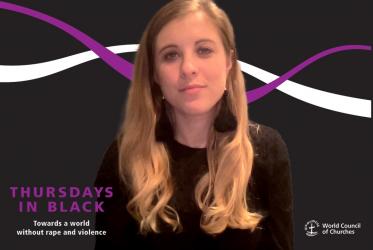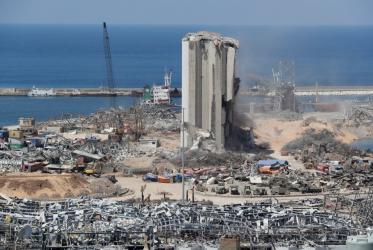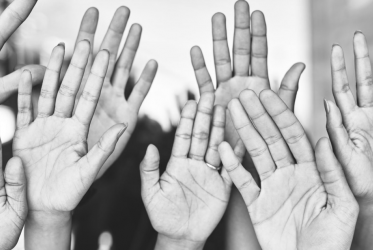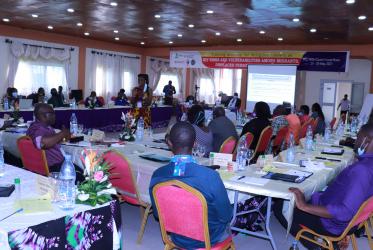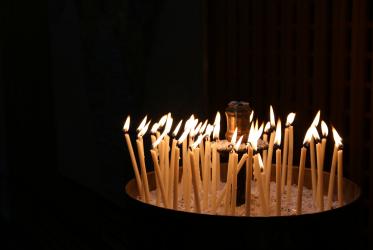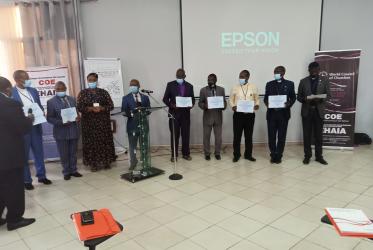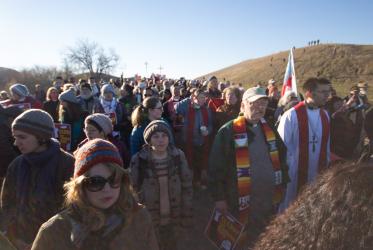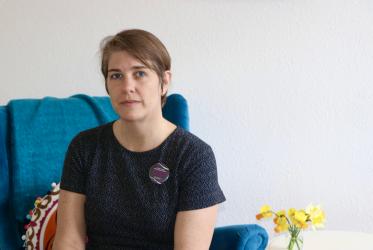Displaying 41 - 60 of 118
16 December 2021
Jessica Roland: “Believe them when they come to you”
09 December 2021
Webinar will remember past massacres in Europe
02 December 2021
Dr Abuom reflects on women of faith as healers of creation
05 October 2021
Workshop on HIV stigma, treatment adherence opens in Tanzania
29 September 2021

